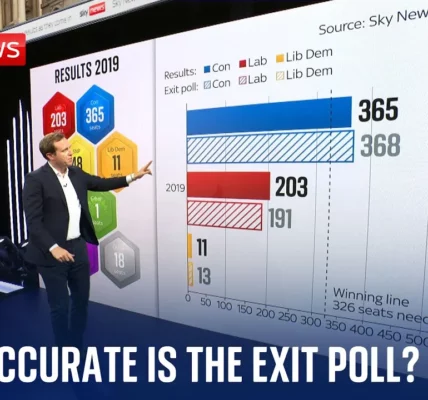Kier Starmer’s Leadership Speech Priorities

In this article, we delve into the key priorities that the public hopes to hear from Kier Starmer in his leadership speech. This includes a critical examination of the winter fuel allowance decision, the implications of austerity policies, and the need for economic change in the UK.
Introduction
Kier Starmer, the leader of the Labour Party, stands at a pivotal moment where his decisions will significantly impact the lives of many in the UK. One of the most contentious issues currently facing his leadership is the winter fuel allowance, a financial support meant to help the elderly cope with heating costs during the colder months. The recent decision to reverse this allowance has sparked debates about economic priorities, social justice, and the direction of Labour under Starmer’s leadership. This article discusses the implications of this decision and outlines the expectations that Labour supporters have for a more equitable future.
Reversing the Winter Fuel Allowance Decision
One of the primary calls to action for Kier Starmer is to publicly reverse the decision regarding the winter fuel allowance. This policy change is viewed as detrimental to the most vulnerable segments of society, particularly the elderly. Advocates argue that:
- The winter fuel allowance provides crucial financial support to pensioners who may struggle to afford heating during the winter months.
- Reversing this policy would demonstrate a commitment to social equity and responsibility towards the less fortunate.
- It reflects a broader need for Labour to prioritize the needs of the community over fiscal austerity measures.
The Case for Reversal
Many supporters express frustration that the Labour Party would choose to cut funds for the elderly while wealth remains concentrated among the richest in society. For instance:
- The top 50 wealthiest families in Britain possess around £500 billion, equating to half of the UK’s economic output.
- It raises questions about the fairness of targeting pensioners for cuts when there are wealthier individuals who could be taxed more effectively.
Public Sentiment
Constituents have voiced their concerns directly to representatives, asking, “What is Labour doing?” Such sentiments indicate a disconnection between the party’s decisions and the expectations of its supporters.
Austerity and Economic Policy
Another significant concern is the potential return to austerity measures, often referred to as “Austerity Mark II.” Starmer’s leadership is scrutinized regarding how the party plans to navigate economic recovery and public investment.
The Historical Context of Austerity
Understanding the historical context of austerity in the UK is vital. After the 2008 financial crisis, austerity measures were implemented, leading to cuts in public services and welfare. Advocates against austerity argue that:
- Taxing the wealthiest could generate significant revenue, estimated at £25 billion from a proposed 1% wealth tax.
- Investment in public services is essential for job creation and economic stability.
Jobs and the Green Transition
With the shift towards renewable energy, there is a pressing need to ensure that workers from traditional industries are not left behind. Starmer’s strategy for a green transition must include:
- Creation of jobs in renewable sectors, such as wind energy manufacturing.
- Support for communities affected by the decline of fossil fuel jobs.
Integrated Industrial Strategy
The importance of an integrated industrial strategy cannot be overstated. As highlighted in discussions about offshore wind, the UK should not rely on foreign manufacturing for essential components. Instead, fostering local industries could strengthen the economy and create jobs.
Leadership and Accountability
Starmer’s leadership is also under scrutiny for its perceived alignment with wealthy donors and the lack of accountability regarding party decisions. Critics, including party members, have raised concerns about:
- Whether the party remains committed to its foundational values of equality and social justice.
- The need for transparency in financial dealings and donor influences within the party.
Calls for Transparency
In order to regain public trust, it is essential for the Labour Party to implement strict policies regarding gifts and hospitality. This action would signify a commitment to ethical leadership and accountability.
Conclusion
In conclusion, Kier Starmer faces significant challenges as he prepares for his leadership speech. The reversal of the winter fuel allowance decision is not just a financial consideration but a moral one, emphasizing Labour’s commitment to social equity. As the party navigates the complexities of austerity, job creation, and public accountability, it is crucial that Starmer listens to the voices of the people and prioritizes the welfare of communities over the interests of the wealthy. The future of the Labour Party hinges on its ability to deliver meaningful change that reflects the needs and desires of its constituents. We encourage readers to stay engaged and voice their opinions on these critical issues affecting the nation.
“`




